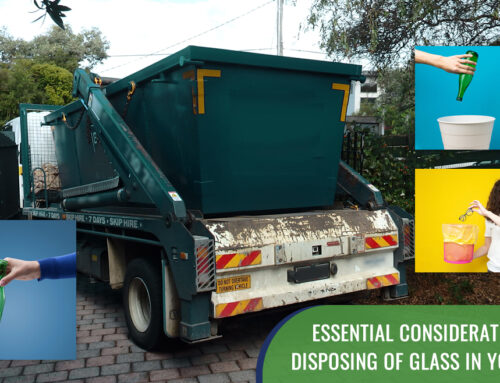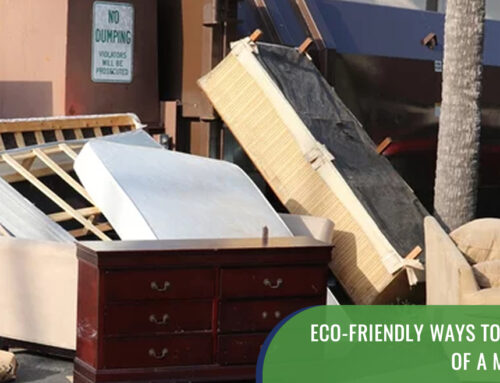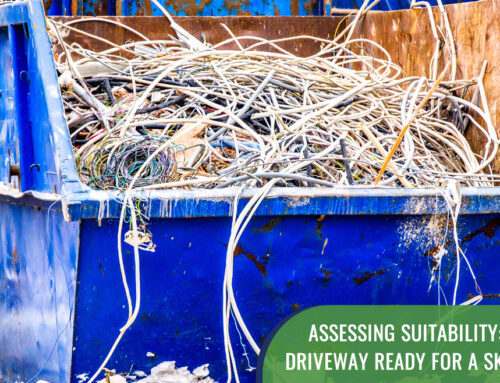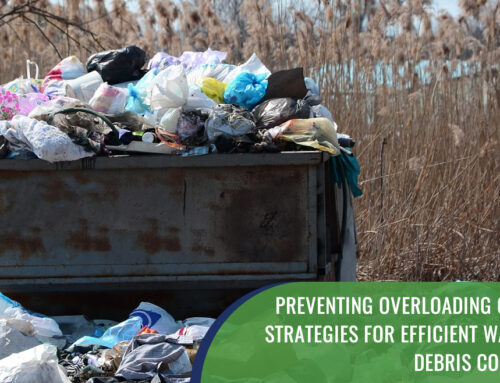Are you planning on hiring a skip? Great! Because these huge metal containers are an excellent and safest way of waste disposal. Skips come in different shapes and sizes. Just as you must know what type of skip is needed for your job, it is also vital that you understand the safety rules and regulations while hiring a skip. This awareness will help you in getting into unnecessary troubles.
Skip hire safety rules and regulations
- Skip licenses
Skip license is required for skips that are to be placed on public roads or pavements. If you are placing the skip on private property, then there is no need for a skip license. You’ll be required to obtain the licence in advance from your local council. - Place the skip in stable and safe ground
Before you hire a skip, you must decide its place as it will remain in the same area until being picked up by the skip company. So it’s your responsibility to decide a place not blocking entry/exit, footpaths, manholes or utility access points. Your hired skip must be placed in a less risky position. A responsible skip hire company can also guide you in this regard. - Capacity of your skip
Ordering the right size of skip is important. So you avoid overfilling your skip. Overfilling of skip will make it difficult to pick up the skip. An overflowing skip will lead to spillage which can be dangerous to the passers-by. Above all, the skip hire companies can also charge you more for the extra weight or even plainly reject to carry them back. So, to avoid such circumstances, it is better to understand the capacity of your skip well. - What can and cannot be put in the skip
Non-hazardous waste such as wood, garden waste, soil, plastic, old furniture, old tiles, toilets, food waste, solidified paints, non-electrical fittings, empty tins, boxes, cardboard, paper waste, metal waste, bricks and cement blocks, general Household waste, etc can be put in a skip. You must avoid non-hazardous waste as it can pose threats to public health. This includes asbestos, electrical equipment, gas cylinders, medical and chemical wastes, batteries and fluorescent bulb etc. In case of any doubt, you can contact a Skip hire company to inquire. - Adhere to the local restrictions
When you hire a skip, it is important to give utmost priority to public safety. You should be aware of the local rules and regulations. Thus, it is recommended that you go through your local authority website for proper guidelines. If in the event of non-compliance, you may even be fined £1000. So a little research will save you from jumping into unnecessary troubles.
When placed on a public area, the skip must:- Have reflective strips on them
- Be kept with traffic cones
- Have night safety lamps around them
- Have the name and phone number of the skip company
- Beware of fly-tipping
When you hire a skip, fly-tipping can be an issue. This can happen to you especially if you leave the skip at public space. Fly-tipping can be a serious issue as you may not be aware of the items put into it. If it turns out to be hazardous then again you would be in trouble. The best solution to this problem is hiring a skip that can be locked at night. - Use your skip responsibly
There have been cases when people put fire in the skip to reduce the rubbish and increase the space. This can damage the skip thus causing the skip hire company to charge you for its repair works. It is recommended to load the skip with the lighter items first and then heavier ones to compress the weight evenly.
We hope these skip hire safety rules and regulations will help you handle your use of your skip better and responsibly. You can always contact a skip hire company for detailed safety rules and regulations. If you would like to discuss this with a professional skip hire company, then we, Able Waste Services would be happy to discuss it with you.
Contact us for a quick skip hire quote today!





